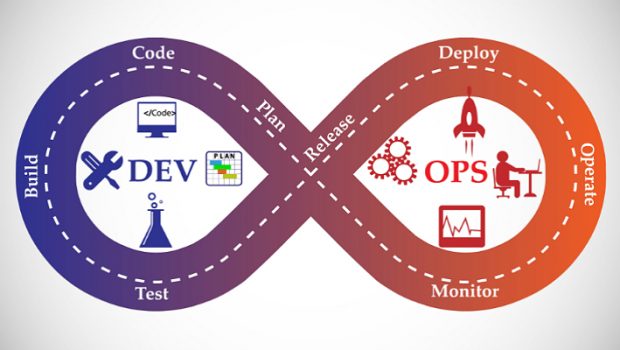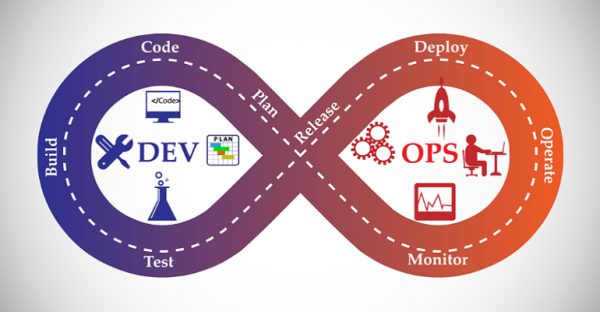Why Are Businesses Relying on DevOps in 2019
What is DevOps?
Dev-Ops is described as a cross-functional approach to a process. It is a combination of two different parts of the software development process – operations and development.
Basically, this is a result of a streamlining the organization in order to make it dynamic, flexible, and more effective. The streamlining was caused due to a growing, sprawling organization that uses too many resources and hold the flexibility of the development team.
DevOps is more of a mindset more than anything else. It’s about being on the same page, collaboration, and working for a common goal. This works by improving the element of a product and acting as fast as possible.
Why is DevOps Good for Business?
Two words – flexibility and mobility. Testing and customer feedback are important when making sure that the product will outlast the initial launch. Because of this, it makes sense to adapt to keep the product able to do its work and keeping the product adequate.
What is the main task of a DevOps specialist or engineer? To make sure that the software works from an infrastructure and a developer’s standpoint.
When you create a DevOps culture, it allows for effective and punctual changes. As a result – a better product that does better business.
What Are the DevOps Benefits
Here are some DevOps benefits you start to implement with your IT team.
Technical Scalability
Scalability is one of the main priorities for any type of project. If the project is able to take a load and follow through – its a sign that it works. If not – then you know it’s a failure. With the growth of cloud computing, this is becoming a big deal.
DevOps creates certain practices to secure better scalability. Scalability isn’t just what the network and server can carry on – it’s the tools that make it happen.
It’s important to configure your system in a flexible manner, so you don’t have to increase resource consumption and also scale own when the load is lesser.
These tools need continuous optimization – changes in storage capacity and server bandwidth.
Improved Communication
With DevOps, your IT team will have streamlined communication. This is a great thing when everyone is on the same page, and all of the members of the team are able to contribute to the process.
Since communication and collaboration are an important component of a DevOps approach – implementing them and it manages to create a more creative environment that can affect the quality of the product.
For instance, streamlined communication helps with getting the team on the first page. And it helps with onboarding new members on the team. And it helps describes priorities at the moment.
Additional Benefits
Companies that have DevOps practices complete more projects. With a dedicated team composed of members working in collaboration, DevOps can deliver with maximum speed, innovation, and functionality.
Here are the technical benefits:
- Less complexity to manage
- Faster resolution of problems
- Continuous software delivery
And here are the cultural benefits:
- More productive teams
- Better professional development opportunities
- Larger employee engagement
Conclusion
DevOps is the most interesting practices during the current moment. It grows slowly but is surely spreading their influence through the software development industry and become a standard operation. Once your team starts implementing it to your projects, you’ll see a huge improvement in app development and see your employees enhance their productivity.


















